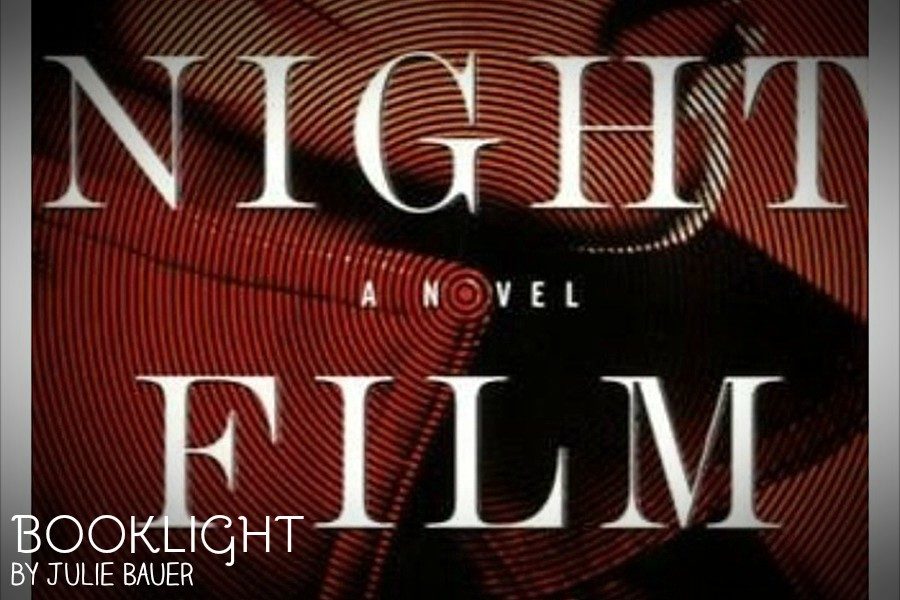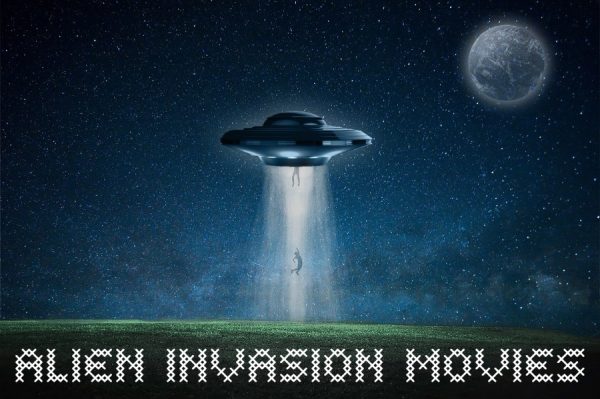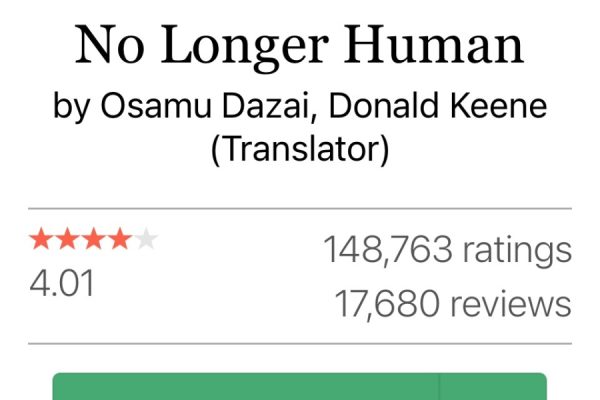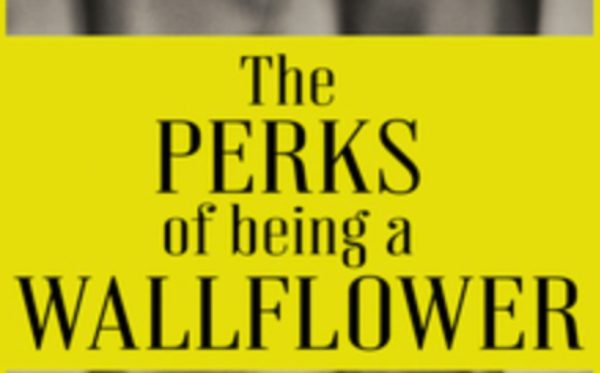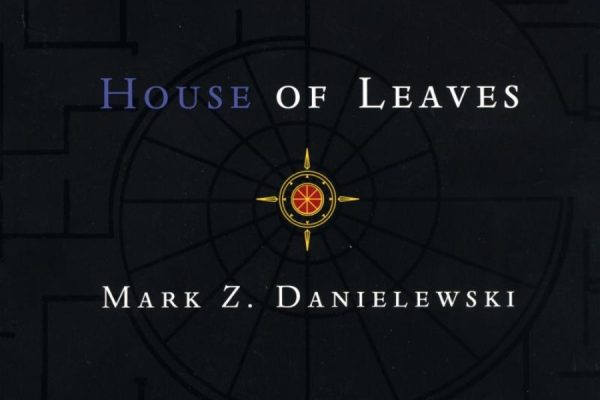BOOKLIGHT: Night Film
Night Film was written by Marisha Pessl.
November 1, 2017
The body of Ashley Cordova is found in an abandoned warehouse in New York City. Her death is reported as a suicide, but investigative journalist Scott McGrath suspects foul play. Ashley’s father, Stanislas, is a film director whose movies are too unsettling to be shown in theaters. A veil of mystery surrounds the family. As Scott investigates Ashley’s life and death, he becomes trapped in the distorted world of Stanislas Cordova—and a potential victim himself.
Night Film was written by Marisha Pessl and first published in 2013.
If you want to lose yourself in a complex mystery, presented in depth and with detail, you might enjoy this book. The plot presents supernatural as well as natural explanations for Ashley’s death, and it is up to the reader to decide what is truly at play. As the protagonists talk to witnesses and create a vivid picture of the Cordovas, you won’t be able to get enough.
Night Film contains interactive elements that set it apart from other novels in the genre.
In addition, Night Film boasts three likeable protagonists, drawn together by a mutual interest in the investigation. The characters are realistic and show growth by the end of the novel. Watching these unlikely allies become friends is surprisingly heartwarming—a nice contrast to the darkness of the rest of the novel.
Night Film contains interactive elements that set it apart from other novels in the genre. For example, if the protagonist finds a photograph or a webpage that is relevant to the investigation, the reader can look at it, too. There is also an app you can download that allows you to scan certain pages of the book and view a secret audio clip or image.
These interactives add interest to the story, along with a nice break here and there from reading—it’s over 600 pages long, after all. On the subject of length: the novel would likely have been better if some chunks of it were cut out. The climax occurs about 100 pages from the end, and the story loses momentum from there. If some events in the story were cut or rearranged, this could have been avoided.
In terms of plot, Night Film is linear. Scott finds a lead and he investigates the lead, which brings him to another lead. Rinse and repeat. Some readers might not notice, but others could find it boring.
The characters sometimes have racist, transphobic, or otherwise offensive lines. Luckily, there aren’t an overwhelming amount of instances of this in the novel.
Marisha Pessl’s writing captures suspense perfectly, although some pickier readers may find her constant use of italics annoying.
Overall, Night Film is an enjoyable thriller that has true potential to keep you up at night.


